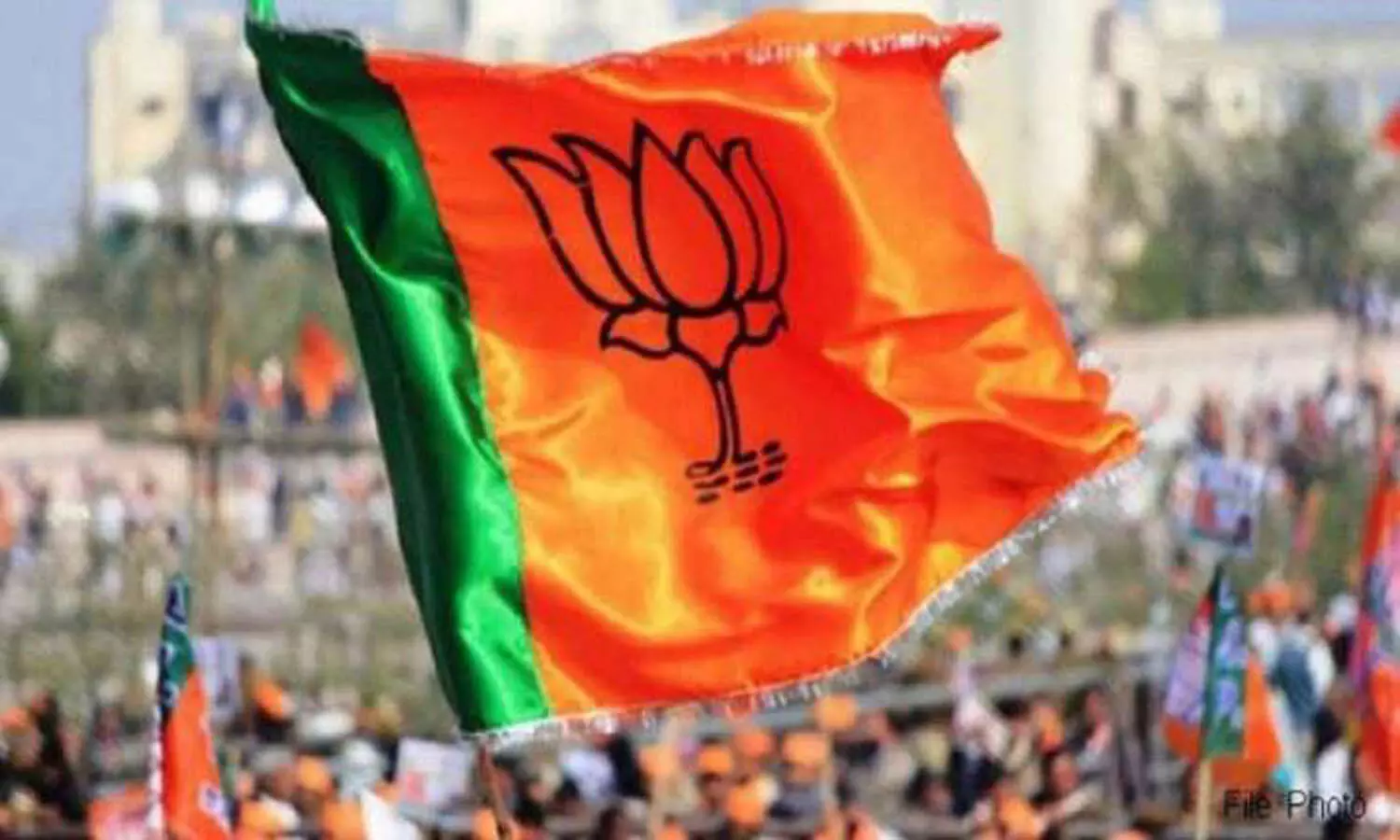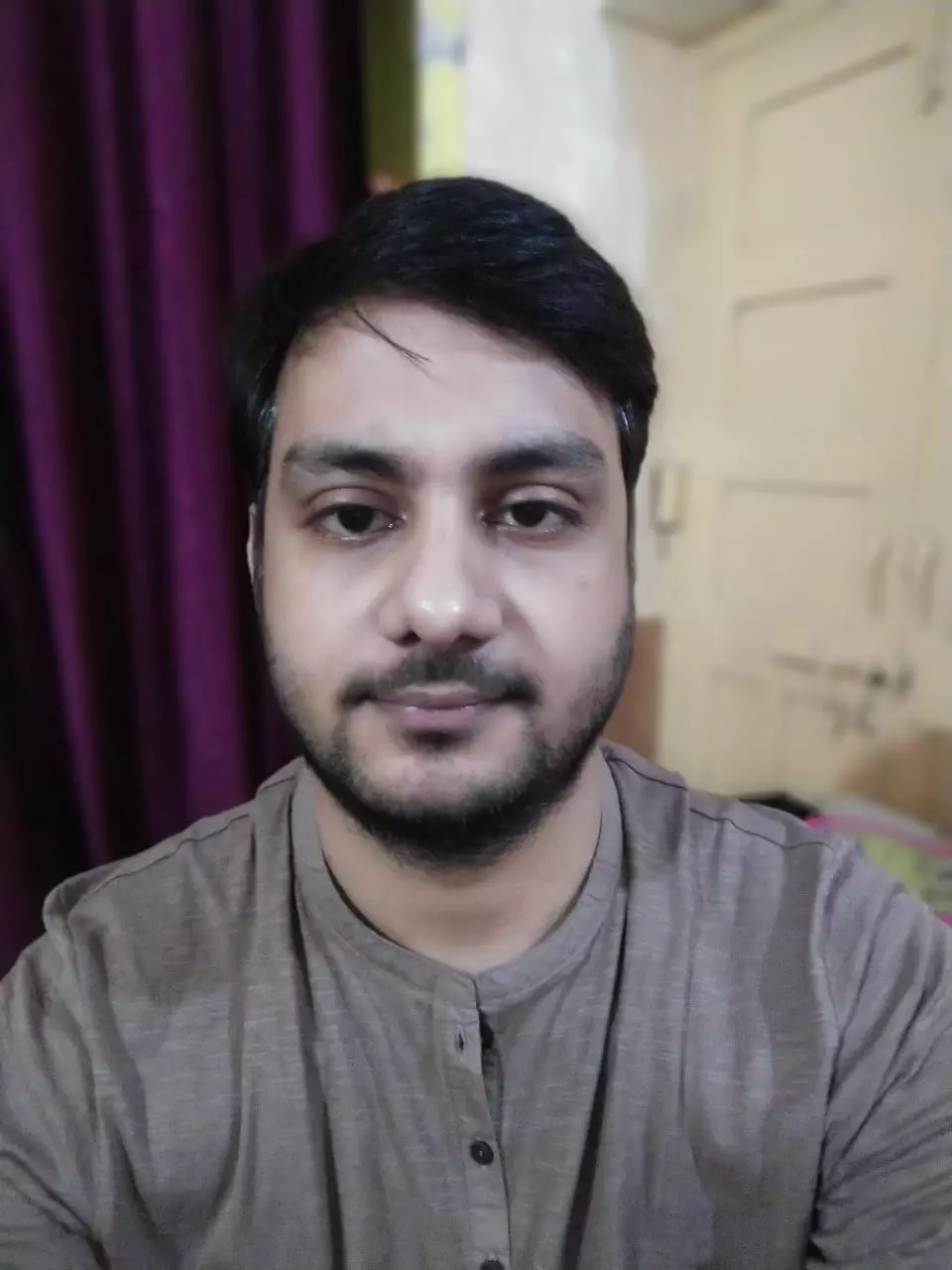TRENDING TAGS :
The First Phase Election in Uttar Pradesh is Tough Challenge for BJP
For Braj to preserve its historic triumph in 2017, it must win 53 of the 58 seats in 11 districts, including Agra, Mathura, and Aligarh, which were formerly part of Braj.
BJP (PC: Social Media)
New Delhi: The first phase of the assembly elections will be the most difficult task for the BJP. For Braj to preserve its historic triumph in 2017, it must win 53 of the 58 seats in 11 districts, including Agra, Mathura, and Aligarh, which were formerly part of Braj.
In this mostly Jat and farmer-dominated area, the BSP and SP each received two seats, while the RLD received one seat each. It will be a significant struggle for the BJP to match its previous success this time around. Agra to Bulandshahr to Muzaffarnagar to Ghaziabad was a clean sweep for the BJP in 2017, riding the Modi wave all the way across the country.
UP Assembly Election:
Agra is the district having the most number of seats in the first round of the election process. There are nine assembly chairs available in this room. All of this was donated to the BJP. Mathura has five seats, four of which were won by the BJP and one by the BSP, with the BSP winning the other. Aligarh has seven seats, and the BJP won all seven of them in the last elections. In 2017, the BJP won seven out of seven seats in Bulandshahar, three out of three seats in Noida, and five out of five seats in Ghaziabad, according to official results.
Six of the seven seats in Meerut were won by the BJP, with one seat going to Congress. Six out of six in Muzaffarnagar and three out of three in Hapur received two votes for the BJP and one vote for the BSP. Two of the three seats in Baghpat were held by the BJP, and one by the RJD, which was represented by The Chhaprauli. In Shamli, it was taken by one SP and two BJP. As a result, the BJP won 53 seats out of the 58 seats up for grabs in the first phase, while the Sabha won two seats, the BSP won two seats, and the RLD won one seat.
In 2022, the atmosphere is quite different. In such a predicament, the BJP has committed every resource it has to retain the seats. The results of the first round of voting in the western states will have an impact on the polling in Purvi regions.
In order to duplicate the previous performance, everyone from Union Home Minister Amit Shah to national president JP Nadda, to Chief Minister Yogi Adityanath, to Deputy Chief Minister and others, has thrown their weight behind the campaign. The SP had a plurality in ten seats, according to information on the state's politics. The Congress and other parties came second in four seats, while the BSP came fourth in four seats, according to information on the state's politics. The BJP won the first phase of the election in 53 seats in 2017. The partnership between the SP and the RLD has also altered the vote equation. This time around, the BJP will have a difficult road ahead of them in Braj.
Challenges for BJP:
The Congress came up empty-handed in 2017 when it came to the seats in the first phase of the election, which is slated to take place on February 10. The account for the Congress was not created in any of the 58 seats. Aside from Jats, Muslims, and scheduled classes, the 11 districts in the Western region that are covered in the first phase have a backward majority population. In addition to Brahmins and Kshatriyas, a huge number of non-Jatav andNon Jatav voters go to this region to seek their fortune.
One of four ministers whose performance will be evaluated in the first phase is Shrikant Sharma, another is Suresh Rana, and the third is Laxmi Narayan Chaudhary, who is the minister in charge of agriculture and livestock. In addition to this, Business Education Minister Kapil Agarwal, who is serving as an independent charge, is also in the running. The elections for 58 seats in 11 districts of western Uttar Pradesh, which will take place on February 10, will provide an indication of the popularity of ministers and MLAs among the general public. As a minister in the state government, the BJP has high expectations of him, as does the rest of the country.
Shrikant Sharma, the electricity minister in the Yogi government, is reaching out to the public and taking stock of the wonderful work that has been accomplished by the administration. The SP-RLD coalition has nominated Devendra Agarwal, SK Sharma of the BSP, and Pradeep Mathur of the Congress to run against him in the election. Sugarcane growers in western Uttar Pradesh have played a pivotal role in the election campaign thus far. The payment of sugarcane farmers, as well as the pricing of sugarcane, is a major concern in this country.
Sugarcane farmers, according to Rana, have received the best wages in the country. Their efforts will be put to the test during the election. Ashraf Ali of the RLD and Zaheer Malik of the BSP are on hand to take them on. Salayam Saini is the candidate on whom Congress has set their bets. Atul Garg, the Minister of State, is up against Vishal Verma of the SAMA-RLD coalition, Krishna Kumar of the BSP, and Sushant Goel of the Congress in the election for the post of Chief Minister. He is describing his accomplishments in his capacity as a minister. At the same time, opposition groups are preparing to encircle the government.



